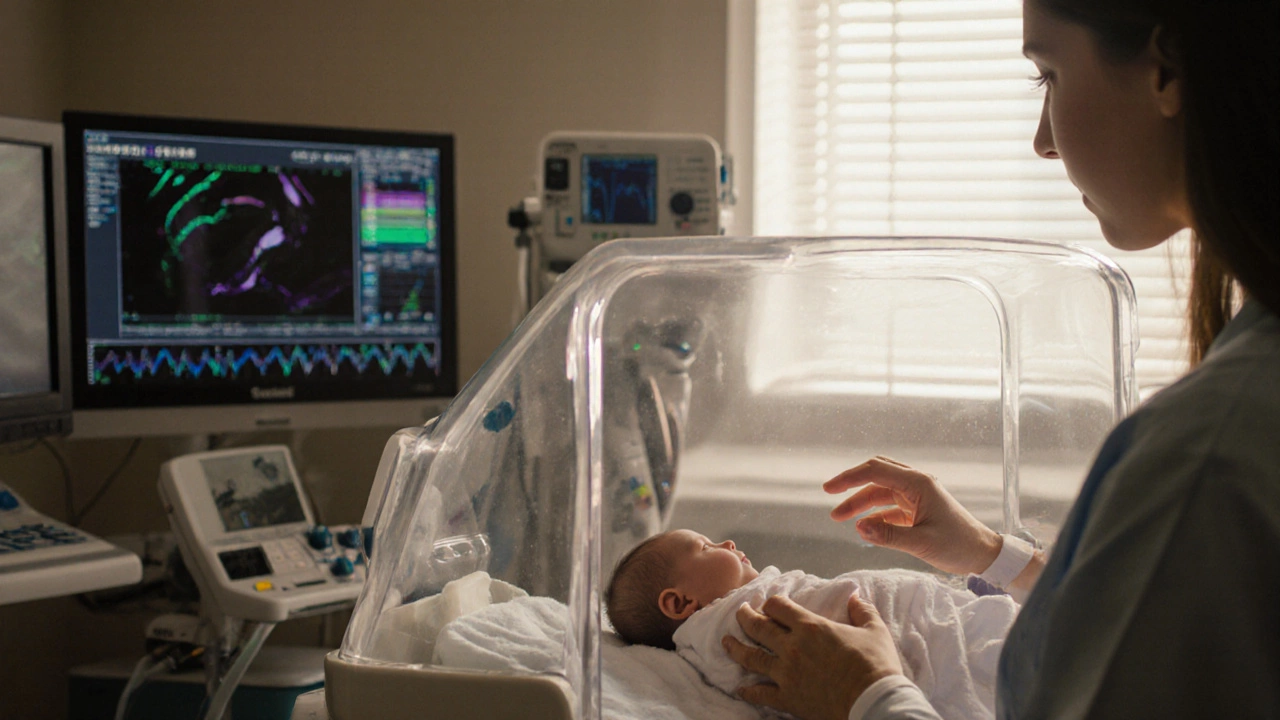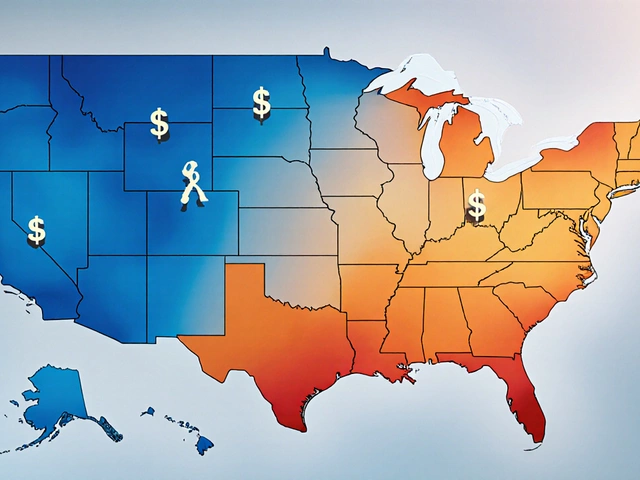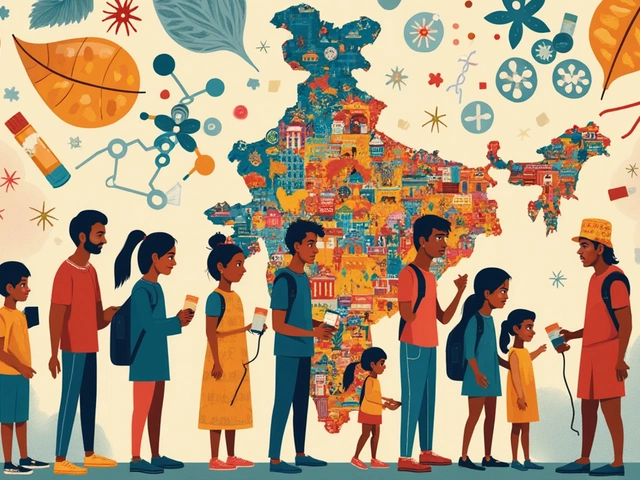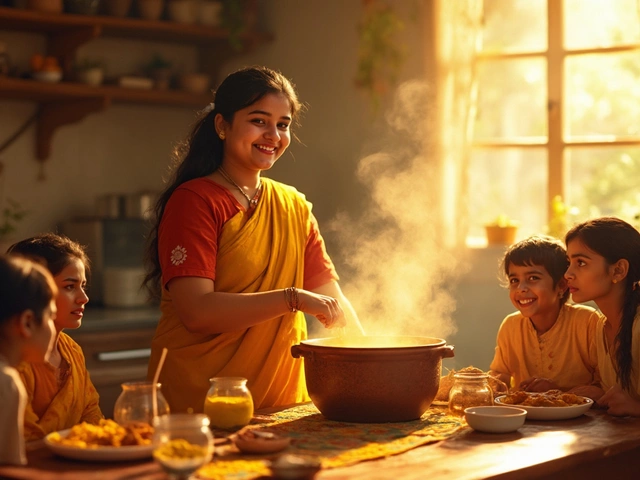Are IVF babies healthy? Latest research shows they are just as healthy as naturally conceived children, with only minor differences tied to parental age and multiple births - not the IVF process itself.
Read MoreIVF Child Development: What Happens After Conception?
When a child is born through IVF child development, the process of monitoring physical, cognitive, and emotional growth in children conceived via in vitro fertilization. Also known as assisted reproductive technology (ART) child development, it’s not about whether the baby was made in a lab — it’s about how they grow after birth. The big question isn’t if IVF works, but what happens next. Do these kids develop differently? Are they healthier? Slower? Stronger? The answer isn’t what you’ve heard on social media.
Studies tracking thousands of IVF-born children show they hit the same milestones — sitting up, walking, talking — at the same time as kids conceived naturally. Their IQ scores, school performance, and social skills are nearly identical. One large 2022 study in the Journal of the American Medical Association followed over 12,000 children born via IVF and found no significant difference in developmental delays by age five. That’s not luck. It’s science. What matters more than how they were conceived is the quality of prenatal care, nutrition, and emotional support they get after birth.
But here’s what you won’t hear everywhere: IVF pregnancy milestones, key stages of growth during and after an IVF-assisted pregnancy, including birth weight, early motor skills, and language acquisition. These kids are more likely to be born early or at a lower weight because multiple embryos are often transferred. That doesn’t mean they’ll fall behind — it just means they might need a little extra monitoring in the first few months. Premature birth is a risk, not a destiny. And with proper follow-up care, most catch up completely by age two.
Another thing people worry about? Long-term health. Do IVF kids get sick more? Are they more prone to chronic conditions? Data says no. A 2023 review of European health registries showed no increased risk of autism, ADHD, or cancer in IVF-born children compared to the general population. The slight uptick in rare birth defects? It’s linked more to parental age and underlying infertility causes than the IVF process itself.
What really affects outcomes isn’t the lab — it’s the home. Stress, sleep, nutrition, and emotional bonding matter far more than whether the egg was fertilized in a dish or in the body. Parents who stay engaged, attend check-ups, and avoid comparing their child to others see the best results.
And what about twins? Or triplets? That’s where things get tricky. Multiple births from IVF carry higher risks — prematurity, developmental delays, cerebral palsy. That’s why many clinics now recommend single embryo transfer. It’s safer. It’s smarter. And the success rates? They’ve never been higher.
So if you’re wondering whether your IVF baby will be okay — yes. They will. Not because of magic. But because science, care, and love work the same way for every child, no matter how they started.
Below, you’ll find real stories and expert insights from parents who’ve walked this path — from the first shot to the first steps — and what they learned along the way.





